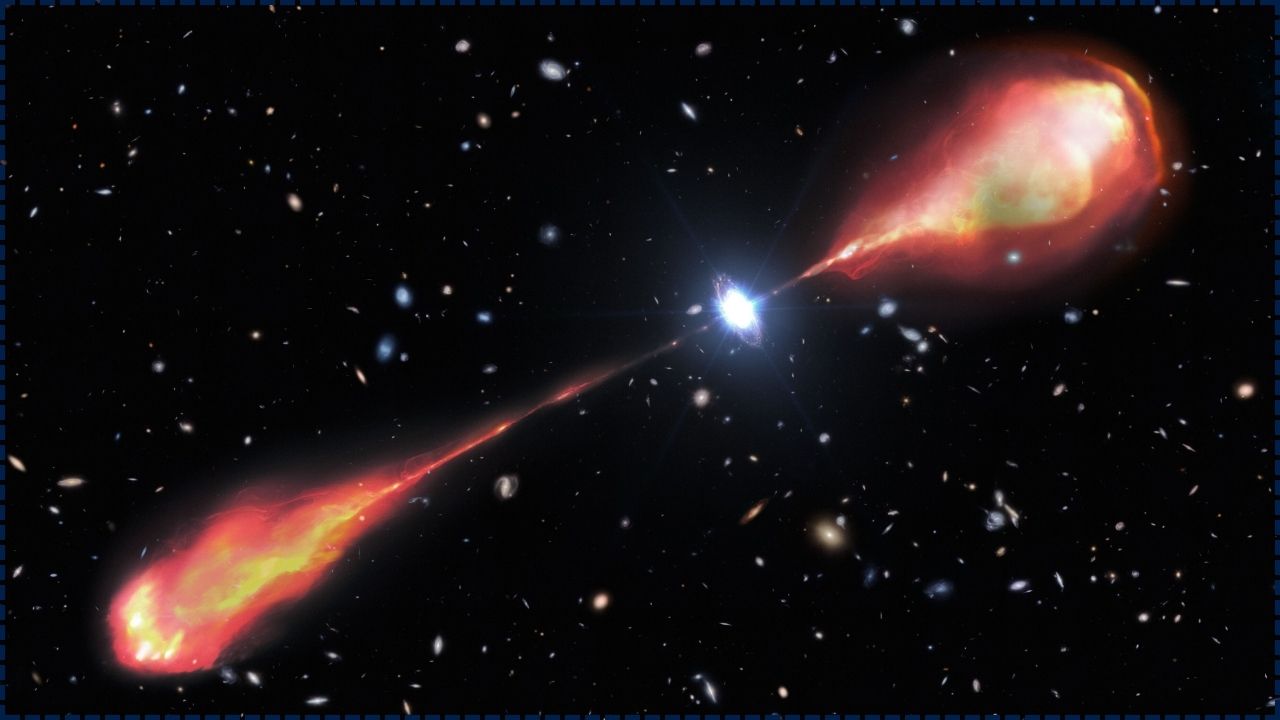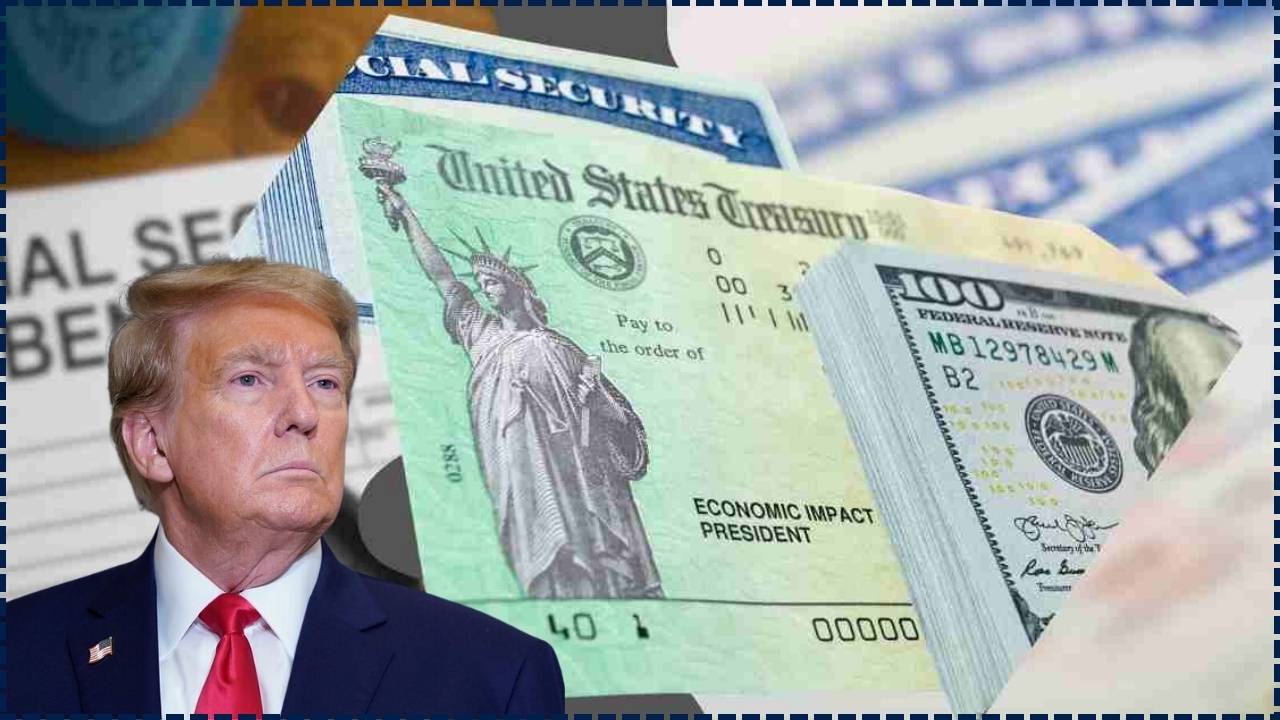Space smells like burnt steak and gunpowder — at least, that’s what many astronauts claim after spacewalks. Sounds wild, right? But it’s not just some random space myth. There’s solid science behind these mysterious interstellar smells, and it all starts the moment astronauts return from a walk outside the International Space Station (ISS).

While outer space is a vacuum — meaning there’s technically no air or smell out there — returning spacewalkers report a strong, unmistakable odor clinging to their gear. This article unpacks what astronauts are really smelling, the chemistry behind it, and why some say, “You’d wish you were dead” if you ever got a raw whiff of it.
Space Smells Like Burnt Steak and Gunpowder
| Topic | Details |
|---|---|
| Smell Description | Burnt steak, welding fumes, gunpowder |
| Cause | Atomic oxygen, ozone, and PAHs reacting upon reentry |
| NASA Training | Eau de Space fragrance used to simulate smell |
| Famous Missions | ISS, Apollo astronauts, Rosetta, Comet 67P |
| Molecules Identified | PAHs, hydrogen sulfide, ammonia, ozone |
Space may be silent, but it’s far from scentless. Thanks to astronauts and advanced science, we know that the final frontier smells like burnt steak, gunpowder, and sometimes… raspberries.
These strange smells give us a new way to explore the universe — through our noses. And while you’ll never get a raw whiff of space (thankfully), you can still experience its wild scents here on Earth — just maybe not before dinner.
What Do Astronauts Actually Smell?
Let’s be clear: astronauts don’t smell space while they’re floating in it. The vacuum would kill them long before they could get a sniff. But when they re-enter their spacecraft, that’s when things get stinky.
As astronauts remove their helmets and airlock doors open, they often report a smell that hits them immediately. Descriptions vary, but here’s what most say:
- Burnt steak
- Spent gunpowder
- Hot metal
- Welding fumes
According to astronaut Thomas Jones, space smells “distinct and odd… like a mix of ozone, sulfur, and gunpowder.”
Why Does Space Smell That Way? Here’s the Science
Atomic Oxygen and Ozone
Space is full of atomic oxygen, a single oxygen atom (O) formed by the Sun’s intense ultraviolet radiation. It’s extremely reactive and clings to spacesuits during walks.
Once astronauts return to their oxygen-rich spacecraft, these atoms recombine to form ozone (O₃) — the same stuff you smell during thunderstorms or near high-voltage electrical equipment. That sharp, metallic smell? That’s ozone.
Polycyclic Aromatic Hydrocarbons (PAHs)
These are complex organic molecules found in interstellar space, formed when stars die and create cosmic dust. PAHs are known for their burnt, smoky odor — kind of like the aftermath of a barbecue gone wrong.
When astronauts return from spacewalks, trace amounts of these particles on their suits react in the cabin’s pressurized environment, creating the strange scent.
Where Else Has Space Smelled Weird?
Astronauts aren’t the only ones smelling strange things out there. Let’s take a look at a few cosmic curiosities:
Sagittarius B2 — Raspberry and Rum?
This massive molecular cloud in the Milky Way contains ethyl formate, the same compound that gives raspberries their flavor and rum its kick. If we could smell space there, it’d be deliciously boozy.
Comet 67P — Like Rotten Eggs and Pee
ESA’s Rosetta mission detected hydrogen sulfide, ammonia, and formaldehyde on this comet — all of which smell horrible. Rotten eggs, horse stable, bathroom stench — take your pick.
Uranus and Titan
Spectral analysis shows that Uranus smells like rotten eggs due to hydrogen sulfide. Meanwhile, Titan, Saturn’s largest moon, smells like gasoline thanks to its thick hydrocarbon-laced atmosphere.
NASA’s Eau de Space: Recreating the Smell on Earth
To help train astronauts for the unique space scent, NASA enlisted chemist Steve Pearce to replicate the smell of outer space. The result: Eau de Space, a fragrance containing hints of gunpowder, burnt meat, raspberries, and metallic tang.
Originally used in NASA training, it became a Kickstarter sensation in 2020 and was marketed as a way to engage the public and promote STEM education.
“It’s like a mix between a grill on fire and a rifle range,” said one tester.
What Would Happen If You Actually Smelled Space Directly?
Short answer: you wouldn’t live to talk about it.
Space is a vacuum — no air, no pressure. If you tried to sniff anything without a suit:
- Your lungs would rupture.
- Your blood would boil.
- You’d lose consciousness in under 15 seconds.
So yeah, astronauts saying “you’d wish you were dead” isn’t just for dramatic effect — it’s survival truth.
Why This Weird Smell Matters
Sure, it’s fascinating (and gross), but there’s more to this than curiosity:
1. Equipment Testing
Understanding how reactive particles behave helps design better suits and spacecraft.
2. Astronaut Training
Prepping astronauts for the sensory shock of reentry conditions helps reduce stress and disorientation.
3. Scientific Clues
Smells are tied to chemistry. These odors help us understand cosmic environments, from star-forming regions to comets.
FAQs On Space Smells Like Burnt Steak and Gunpowder
Q: Can space really smell like steak and gunpowder?
A: Yes — at least according to astronauts after re-entry. The smells come from chemical reactions with materials picked up during spacewalks.
Q: Why does burnt steak keep coming up?
A: It’s likely from PAHs and ozone — both release odors similar to grilled or charred meat.
Q: Can I buy something that smells like space?
A: Yes. NASA’s “Eau de Space” was made public through Kickstarter and is available online.
Q: Is the smell dangerous?
A: Not in small amounts. But the elements behind the smell, like ozone and hydrogen sulfide, can be harmful in large concentrations.












